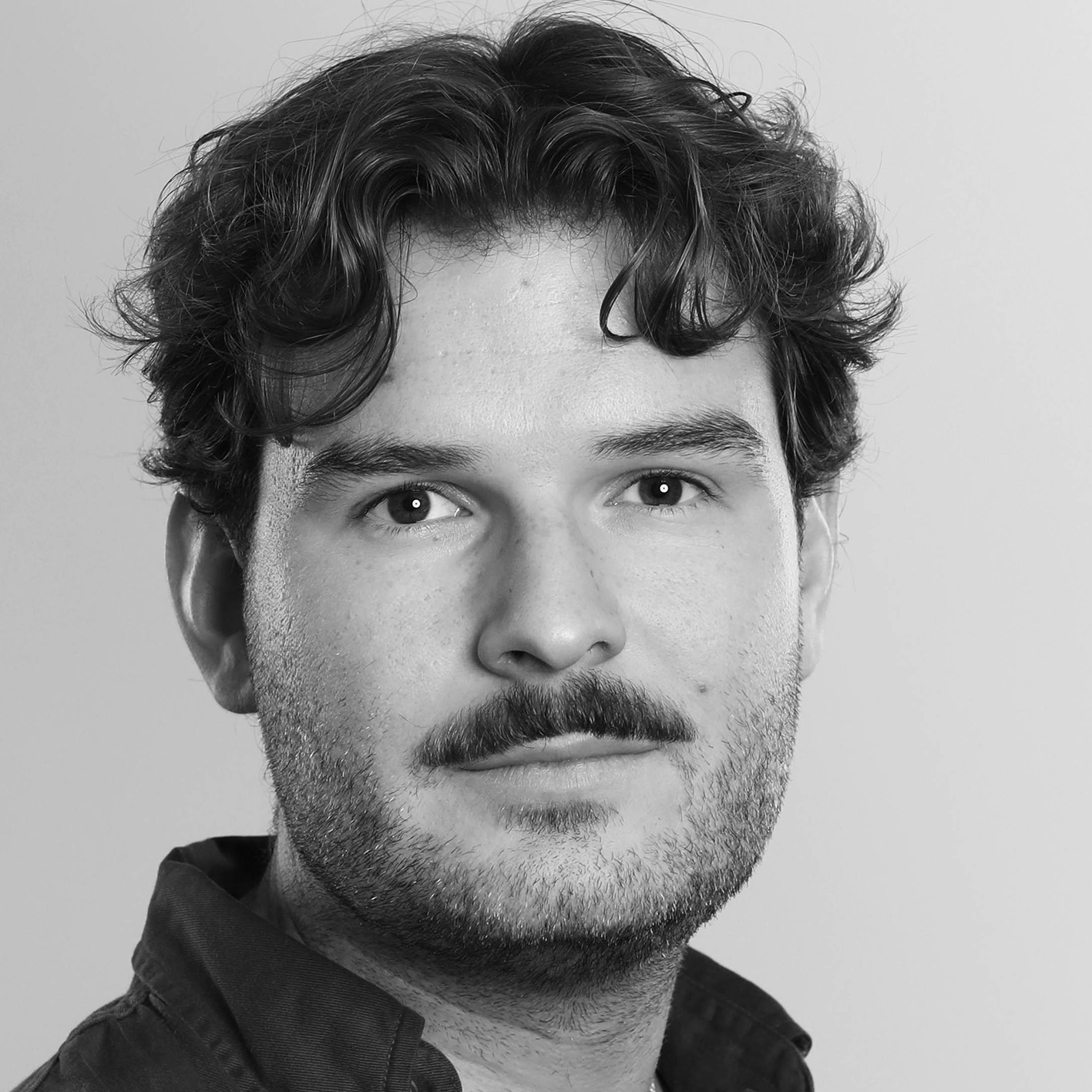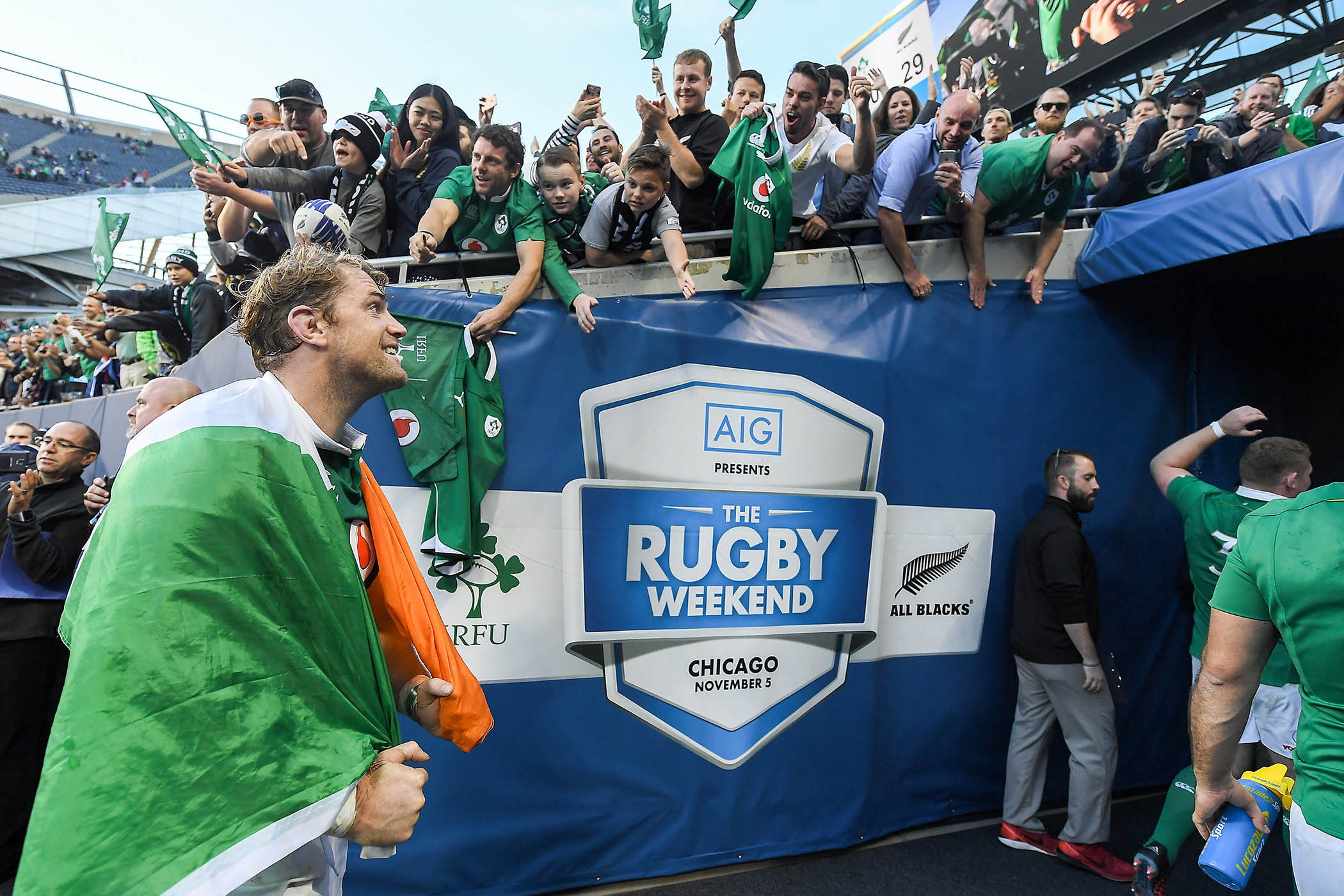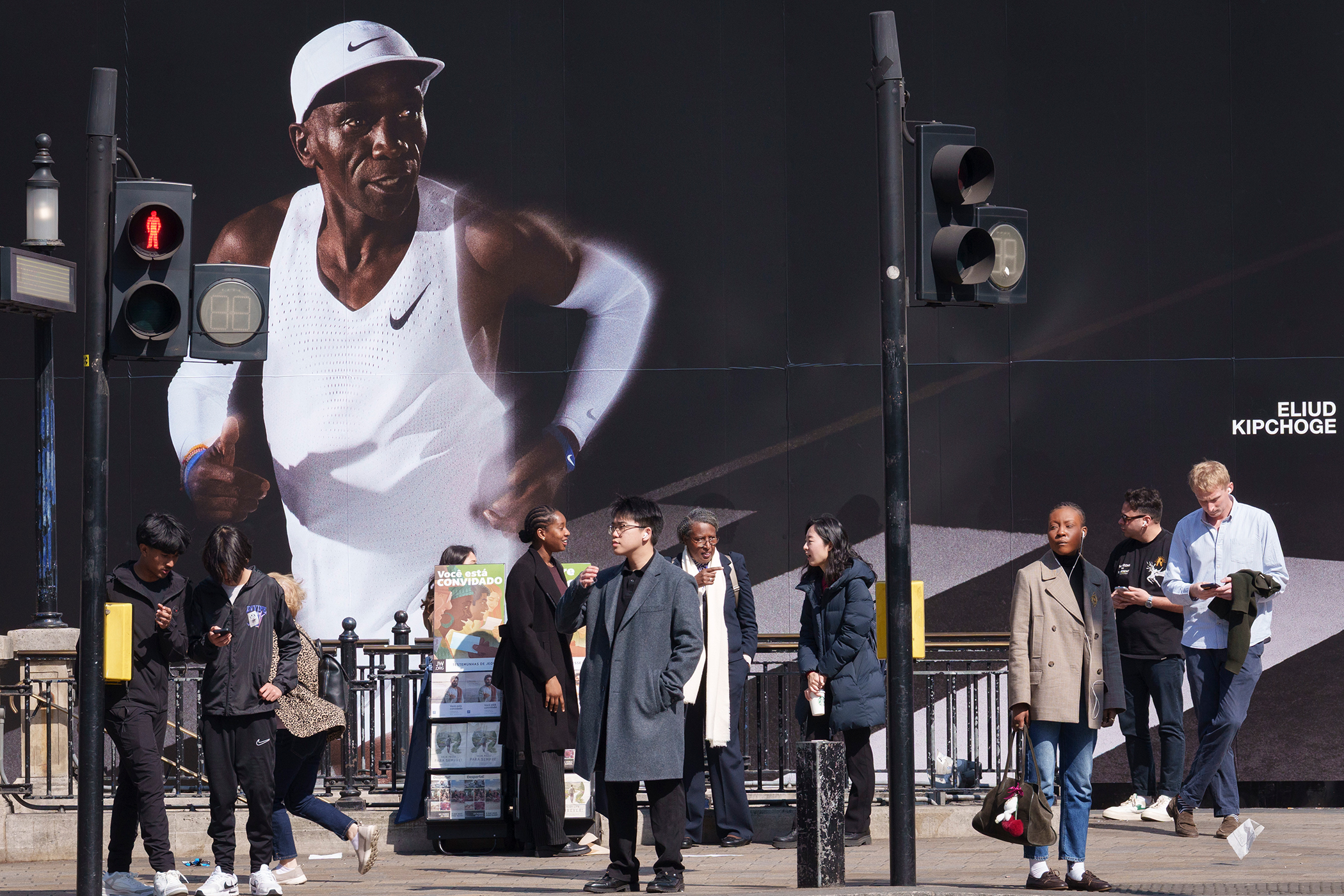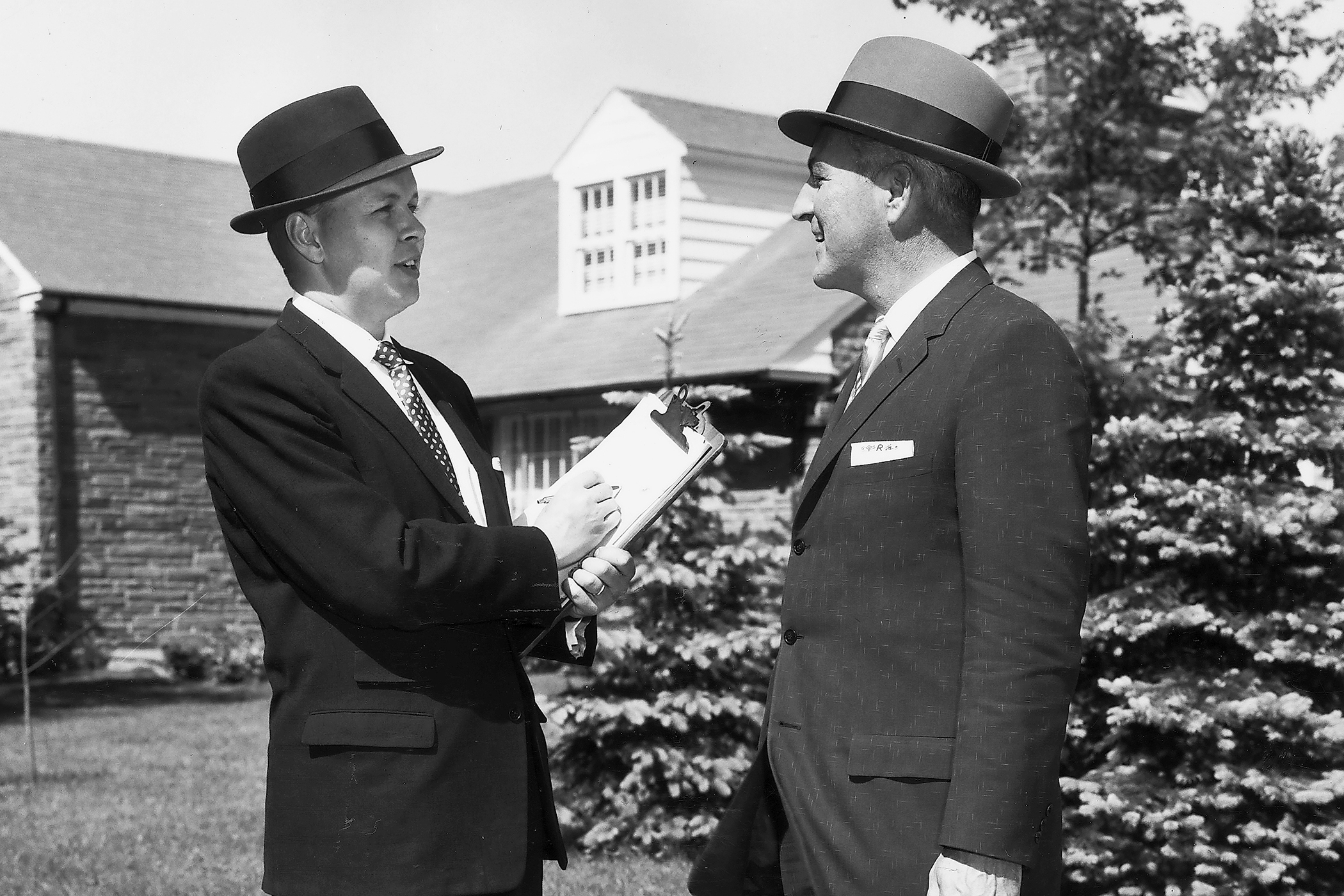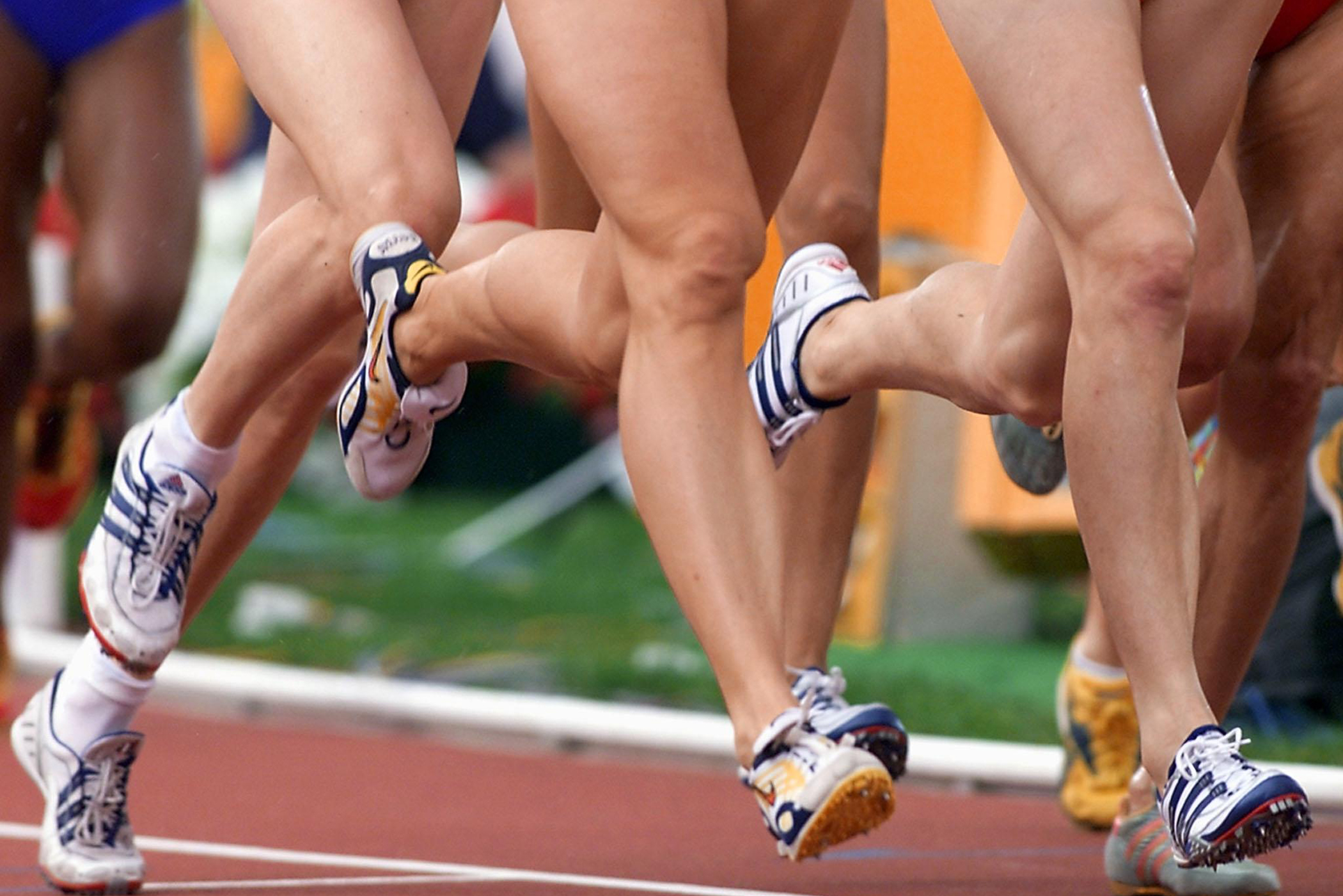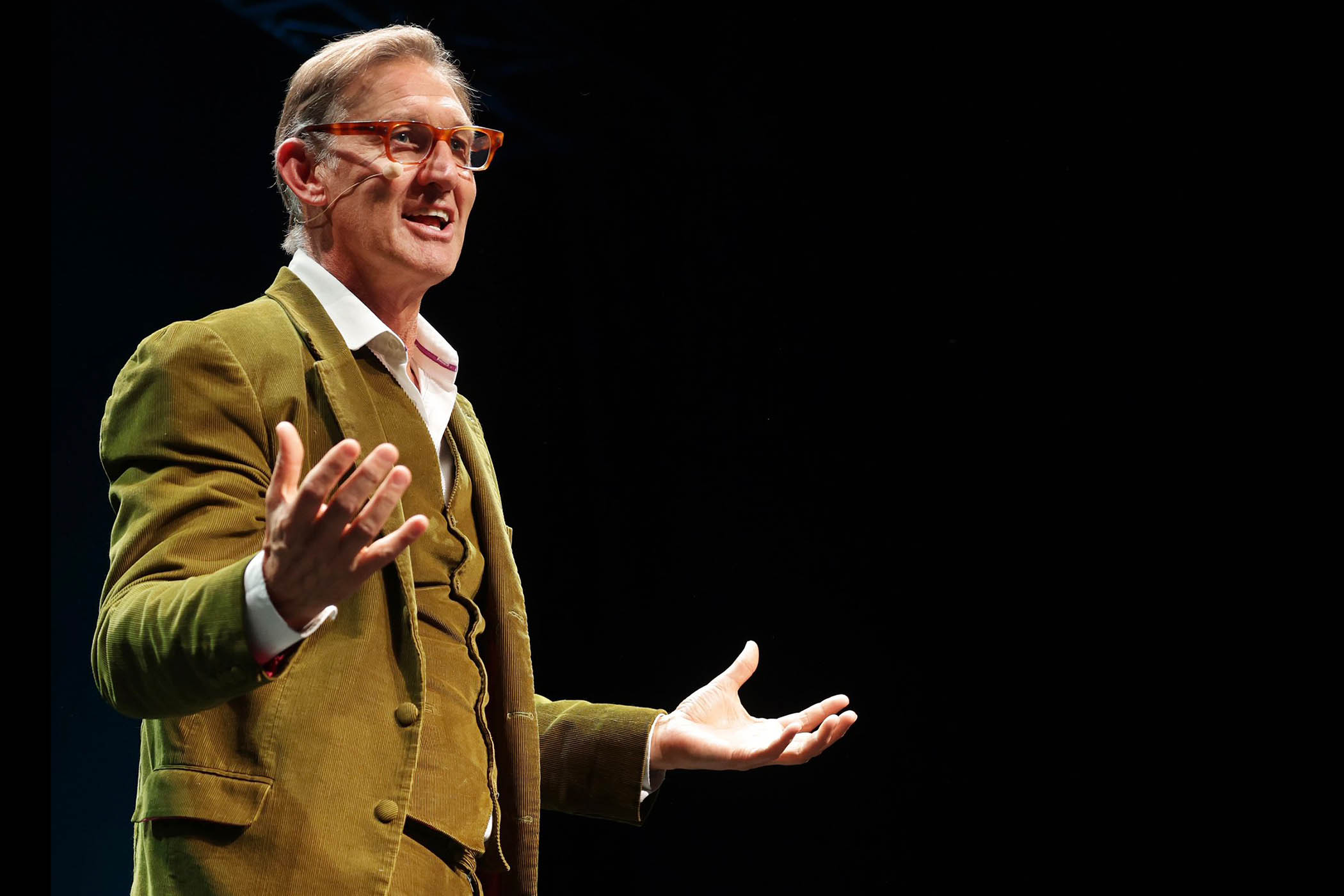
George Simms goes on tour to see how ex-professional footballers have become professional ex-footballers
“Friiii-day night, who’s having a beer?” A sprinkling of decidedly sober cheers echo round Letchworth Garden City’s Broadway Cinema. “No filming please, we can’t have anyone cancelled here, can we?”
It never becomes clear what part of Ledley King and Ossie Ardiles’ material might threaten the fabric of social acceptability, but “An Evening with Tottenham Legends” is the big weekend draw for a commuter town featured heavily in one of Richard Osman’s Waitrose crime novels. About 300 of the 450 tickets have sold, £35 for a talk and Q&A, another £40 for a photo and VIP treatment (sitting near the front). One attendee remarks that he bought his wife a Gucci bag for her birthday, and she got him tickets for this.
When Ardiles pictured his life at 73, it probably didn’t involve performing a tribute act to his 20-something self opposite North Hertfordshire’s best supermarket (per The Grocer). He and King make an odd pair, but often work together as Tottenham ambassadors, as does the evening’s host Graham Roberts, an ex-Spurs defender in his own right but apparently not considered enough of a draw for equal billing. All three have eventually succumbed to the path of least resistance for ex-professional footballers – becoming a professional ex-footballer.
Across the past three weeks, I spent consecutive Fridays in Letchworth and at FC United of Manchester’s Broadhurst Park for an evening with former Nottingham Forest goalkeeper Mark Crossley, before heading to a chain hotel in what is apparently Northampton’s Red Light District for “more than an event – a once-in-a-lifetime evening” with former Arsenal and England captain Tony Adams.
This is the best time ever to be a former footballer. From ceaseless podcasts to punditry, the nostalgia industrial complex is booming. Modern football is increasingly alienating, ethically complex, and ever more shameless in exploiting its consumers. Across the three evenings, the talent bemoans wiping the ball with a towel before throw-ins, players who “fall over if a feather touches them” and the demise of one-club men. So why not spend a night with the past, with your heroes, with your childhood, “back when football was proper”, as Adams puts it.
Related articles:
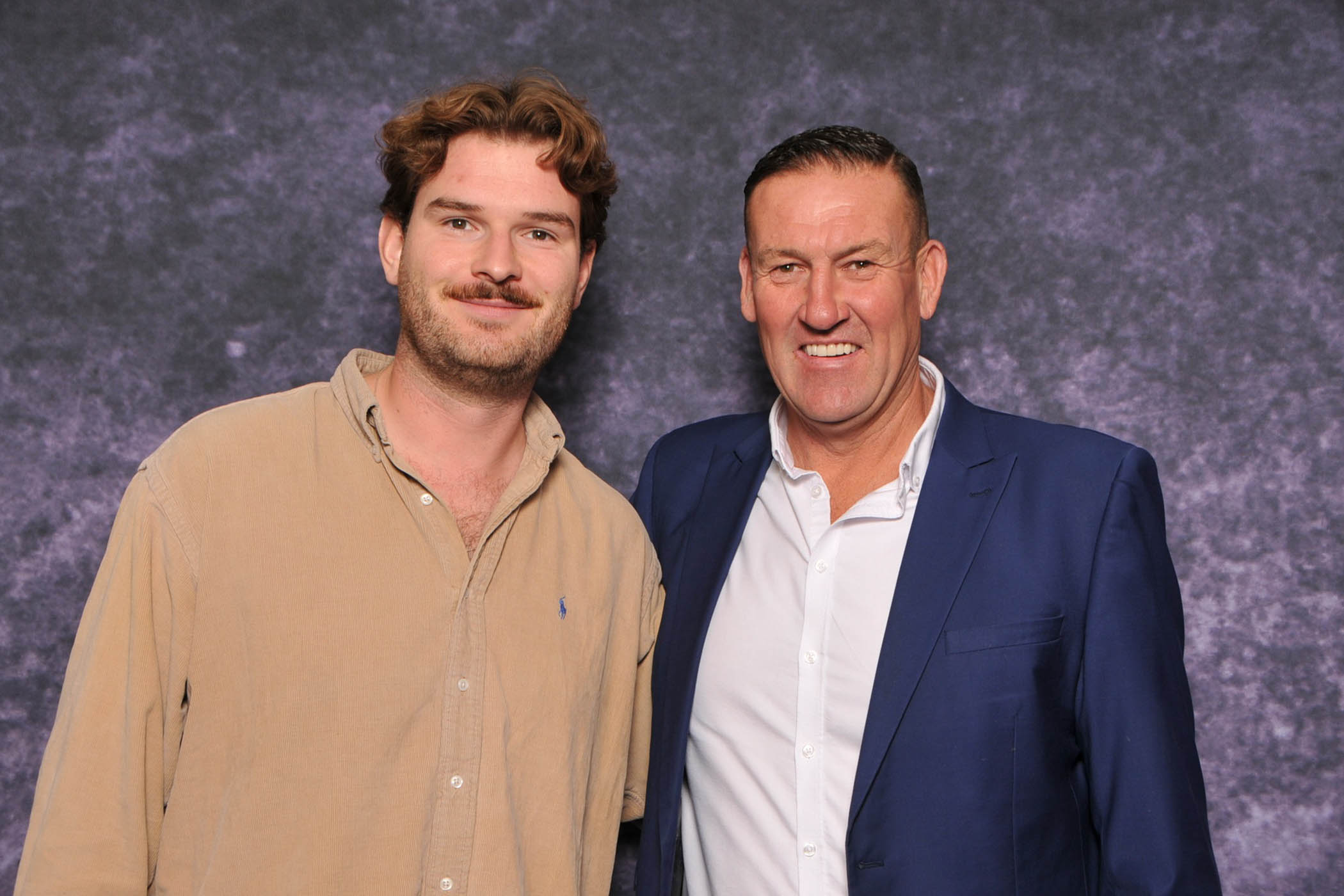
Life of a showman: Our writer George Simms gets a picture with Mark Crossley, for a fee of course
The companies putting these on prop up their earnings with VIP packages, raffles and auctions. A front-row seat for Adams, including a picture and a signed shirt, cost £250, the platinum package for Crossley just £60. During the interval, another 10 people pay £500 for a signed Adams shirt, and the auction includes a signed, framed Adams shirt (£500), a signed, framed Adams photo montage (£375) and a signed, framed Adams shirt and photo montage (£700). Shockingly a signed Ryan Giggs shirt doesn’t meet its reserve.
Crossley’s first hour is effectively a tight hour of Clough stories, and in a shiny blue suit and pundit shoes, you could imagine him being a successful cruise ship stand-up – “To see Clough, you had to go through his secretary, Carol. Not literally … ” He self-identifies as “a bit old school and I say it how it is”, but this is hardly Jim Davidson.
There are 100 or so people here to see him in a stadium function room, one of those universal spaces with ambient lighting which is actually migraine-inducing, and award-winningly uncomfortable chairs. Ambiguous meat and potato pie is served just before he comes on, with a choice of gelatinous peas or raw beetroot. A close-up magician pours sweat from beneath his topknot.
The vast majority of my fellow attenders across the three talks are white men of 45 or above, either actually or spiritually bald, wearing jeans and those lightweight jackets ribbed for no one’s pleasure. One excitedly shows his friends a video of a tank. There are more couples for Adams – the Strictly effect – and more fathers and sons in Letchworth. In Manchester, I get chatting to a puce man who I’m not going to accuse of being on cocaine, but I won’t rule out the possibility.
One recurring thought is “this could have been a podcast”. So why isn’t it? One Clough story was even specifically requested “from the podcasts”. The emcee at Crossley promises the live versions are “a little bit bluer than on YouTube”, but there’s a strange paradox at play – you wouldn’t be here if you didn’t know who he is, but if you know who he is, you’ve almost certainly heard these before. Everyone laughs halfway towards the punchline. But sometimes old jokes are the best and sport is the connective tissue of many friendships. These nights are largely affordable, get you out of the house in a post-Covid world, know their audience and promise the warm embrace of nostalgia.
Ardiles and Roberts tour a lot, and have the rehearsed banter down pat, while King would struggle if he were not so beloved by Spurs fans. Crossley is a natural raconteur, Adams rambling and intense but genuinely moving in patches.
Roberts tells one about his centre-back partner Paul Miller almost starting a scrap in the tunnel of a Uefa Cup third-round match against Bayern Munich in 1983. “I fucking hate Germans,” he bellowed. “Why Paul?” “They blew up my nan’s house.” Except it transpires Miller was not in the squad for either leg of that match. However, he did play against Eintracht Frankfurt in the Cup Winners’ Cup a year prior.
Does this matter? John Gahagan, the ex-Motherwell winger turned “Scotland’s most popular after-dinner”– per an upcoming event at Dumbarton – for such classics as “my wife was a lazy woman. Every time I went for a piss in the sink it was full of dishes”, told The Herald that his routine “operates between fantasy and reality”. After 40 years of evolution and refinement, it seems to me that Crossley’s set is 50-proof bullshit – a viral Clough story told by Dean Saunders in 2016 was quickly disproven, almost in its entirety.
But Crossley did not work with Clough after 1993. Ardiles and Roberts recount conversations word-for-word from 1981 – the biggest cheer of the night came when they asked who was at the FA Cup semi-final that year. Mythology and memories develop over time. Sometimes how someone remembers a story, and why they remember it in that way, is more interesting than the story itself. Specific details are often superfluous. More than anything, this is how history gets written too.
Plenty are here chasing something, the impossible appeal of understanding what it is to be your heroes, what it felt like to score that goal or win that trophy. Of course, you can’t experience someone else’s life, but sports autobiographies still sell for a reason. Athletes are uniquely, and probably by psychological design, poorly equipped to explain their feelings. King calls winning the League Cup, “one of those nights where from the first whistle to the last it was just amazing, it was just the best feeling ever”.
The closest any of them get to genuine insight is Adams, but unsurprisingly after 30 years of therapy, he’s much better at describing what it is to be an alcoholic than a footballer. The night noticeably tails off when he starts having to name the best player he ever played with (unanswered) and whether England should have a German coach (he said no). The questions across all Q&A sessions are generally terrible, including Crossley being asked “who was longest in the shower?”
“I always get asked this question. Not me, haha, no, honestly though I didn’t look,” he said. Any insight on the current state of their former clubs is conspicuously absent.
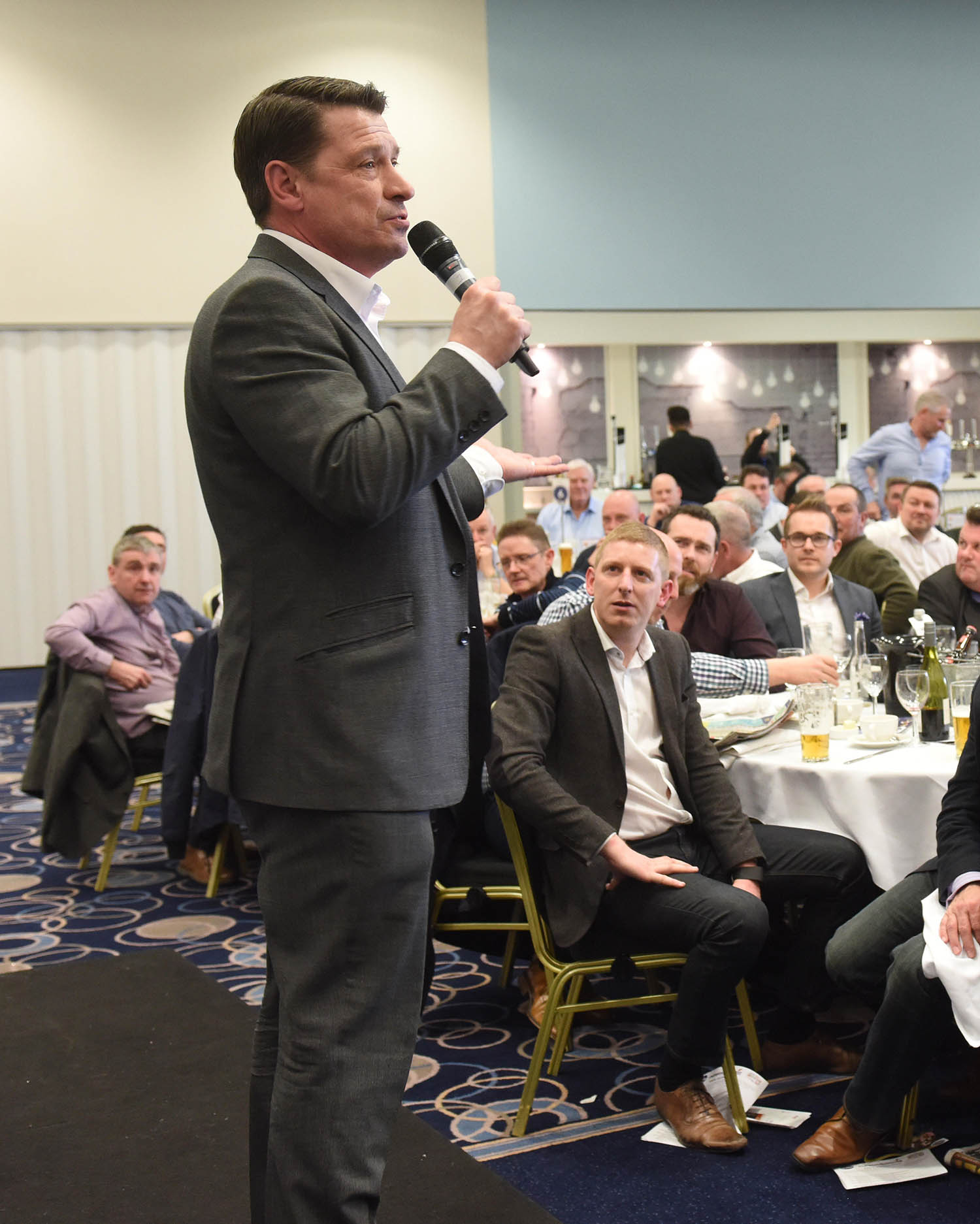
After dinner speaker former footballer Tony Cottee
While we don’t quite reach the shamelessness of John Cleese calling his tour “How to Finance Your Divorce”, first wives are probably second only to football for mentions. King’s playing salary peaked around £60,000 a week – for a truncated period – a meagre Premier League wage now. Ardiles keeps listing things for sale, from his Blue Peter badge to his services if anyone fancies remaking Escape To Victory. Crossley’s Instagram bio includes a 40% discount code for Supreme CBD [a CBD oil brand]. Online quotes suggest Crossley earned around £1,000 for his time, Adams and Ardiles closer to £5,000.
This is money for acting as monuments to a peak you can never again summit, memory farming from a different world, but it’s better than getting a real job. I can’t help but notice that most people here, from the speakers to the audience, are desperately trying to recapture just a moment of the point of life I’m at now.
There is a sincere exchange at play – ex-players grateful that they still matter, that they are still loved, and fans feeding lifelong emotional ties with men who once captured their nascent hearts, and are now just as creaking and soft and lost as they are. The future can betray you in infinite ways, but the past won’t let you down.
Midway through reliving the grimmest period of his life in a strip-lit suite-cum-theatre, Adams felt one particularly dark story needed a preface.
“Hopefully you’re still going to love me after this one,” he pleaded. “Always,” came the lone reply.
Photographs by Tony Adams/X, PA/Alamy, Jeff Morgan/Alamy and David Bagnall/Alamy
